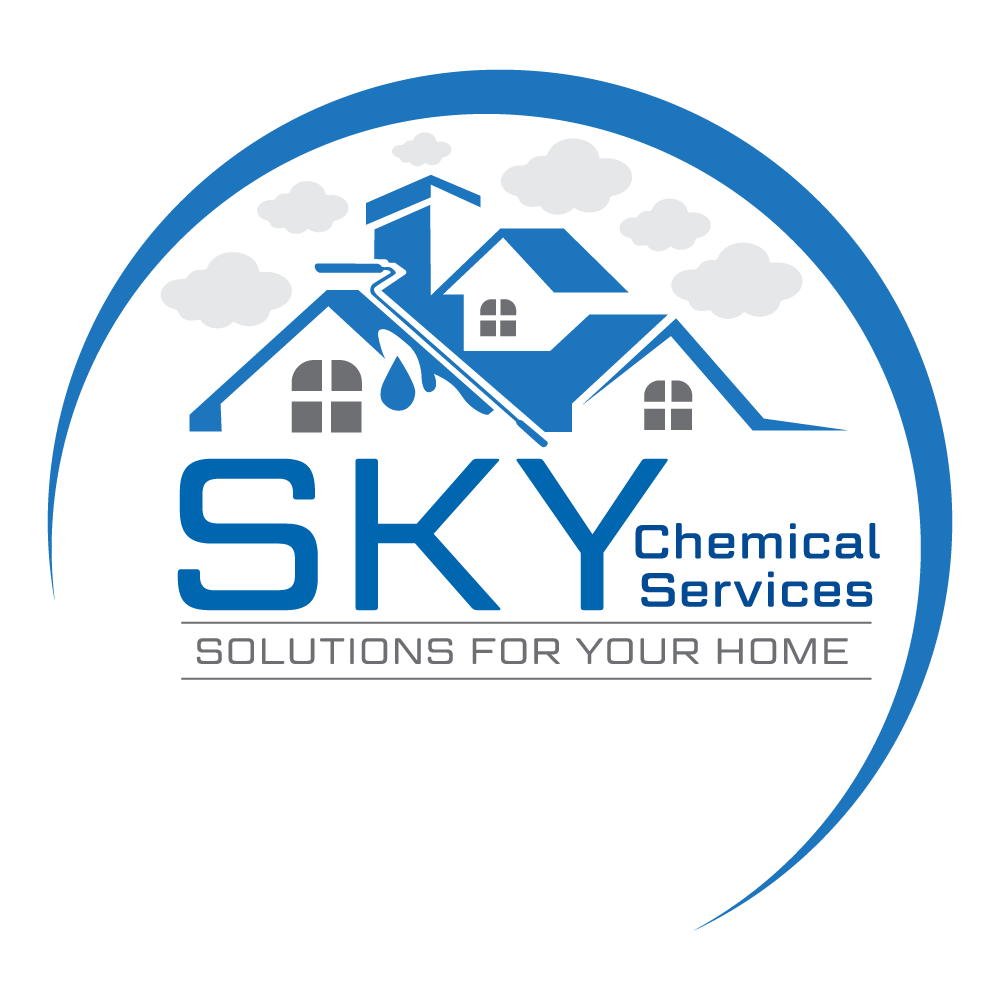No one wants a leaky roof because it can compromise the safety and comfort of your home. Fortunately, there are several effective waterproofing methods available to protect your roof from damage and leaks. In this blog, we’ll explore some of the best practices for roof water proofing to keep your home dry and secure.
Roof Waterproofing Chemicals
Roof water proofing chemicals are designed to make roofs watertight. They are usually applied as liquid coatings directly to the roof surface. These chemicals seal small gaps, cracks, and joints that let water through. Common types include bituminous membranes, elastomeric coatings, and silicone products. Each type differs in flexibility, durability, and UV resistance. Selecting the right product depends on factors like your roof’s condition, UV exposure, and specific needs.
Roof Waterproofing Services
Professional roof waterproofing services are designed to protect roofs from leaks, moisture buildup, and long-term water damage. Unlike simple patchwork repairs, these services take a comprehensive approach by addressing both visible issues and hidden vulnerabilities that may lead to bigger problems if left untreated.
The process typically begins with a thorough roof inspection. Specialists carefully examine the roof’s condition, looking for cracks, gaps, deteriorated sealants, or areas prone to pooling water. Once the problem areas are identified, they recommend the most suitable waterproofing solution based on the type of roof, the climate, and the building’s specific needs.
Contractors often use advanced materials such as liquid-applied membranes, elastomeric coatings, bituminous solutions, or polyurea systems. These products create a seamless protective layer that keeps water out, reduces the risk of mold growth, and helps prevent structural damage. Many professional-grade products are not readily available to the average homeowner, and applying them requires experience to ensure long-lasting results.
Hiring experts ensures the waterproofing is applied correctly, following strict industry standards and safety practices. This professional application not only improves the roof’s performance but also extends its lifespan, making it a cost-effective investment in the long run. Homeowners and businesses alike can benefit from fewer repairs, reduced maintenance costs, and greater peace of mind knowing their property is protected against water intrusion.
Choosing a qualified contractor can also save significant time and effort. Instead of trial-and-error DIY attempts that might lead to costly mistakes, professionals deliver reliable results backed by warranties or service guarantees. This makes roof waterproofing services a smart option for anyone looking to safeguard their property and avoid unexpected repair expenses.
Metal Roof Waterproofing
Metal roofs are popular for their strength, durability, and long lifespan, but like any roofing system, they still need proper care to stay in top condition. One of the most important steps is waterproofing. Without it, even the toughest metal roof can develop leaks, rust, or corrosion over time, especially in areas with heavy rain, snow, or high humidity.
Waterproofing a metal roof typically involves applying specialized coatings that seal the surface and protect it from the elements. Elastomeric and polyurea coatings are two of the most common choices. These coatings form a seamless barrier that keeps water out, reduces the risk of rust, and helps the roof resist damage caused by UV rays. Many of these coatings are also reflective, which can lower roof surface temperatures and improve energy efficiency by reducing cooling costs in the summer.
In addition to applying a protective coating, regular maintenance is key. Inspections should be done at least once or twice a year to check for cracks, loose fasteners, or areas where the coating may have worn thin. Small issues, if caught early, can be repaired before they lead to costly leaks or structural damage. Cleaning the roof to remove dirt, debris, and standing water also helps extend the life of the waterproofing layer.
When done correctly, waterproofing not only prevents leaks but also maximizes the performance and lifespan of a metal roof, making it a smart investment for both residential and commercial buildings.
Roof Waterproofing Application
The application of roof waterproofing involves several important steps. First, the roof surface must be cleaned and prepared to ensure good adhesion of the waterproofing material. Any existing cracks or gaps should be repaired before applying the product. Depending on the type of waterproofing material, application methods may include brushing, rolling, or spraying. It’s essential to follow the manufacturer’s instructions closely to ensure the waterproofing layer adheres properly and cures as expected.
Best Waterproofing for Roof
Frequently Ask Questions
Q. What is the best waterproofing method for a roof?
A. Bituminous materials are a popular choice for choosing water proofing for roof. It is also known as a roof heat proofing solutions. These substances are made of bitumen, a sticky black tar-like substance. They are pocket friendly and easy to use.
A. In Pakistan, polyurethane coatings are preferred by homeowners. It is a synthetic substance that can be found in liquid and solid forms. Concrete is the optimal surface on which it can be applied. Polyurethane is an effective solution for leaks and seepage.
